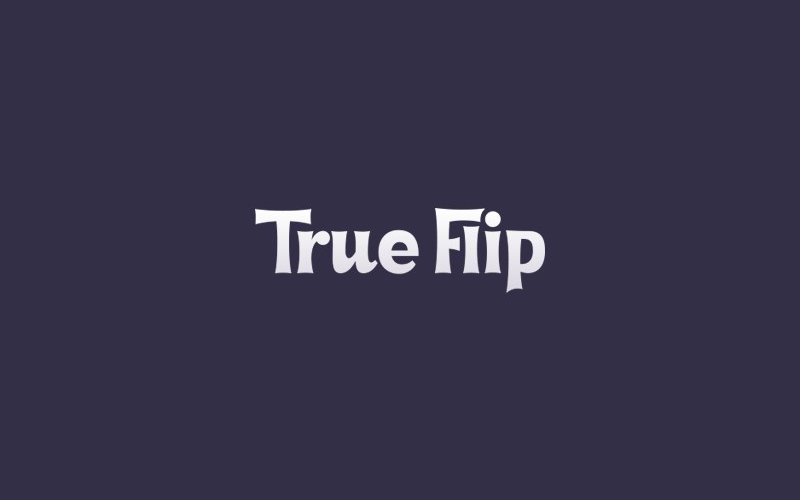Lotteries and other games of chance are among the oldest endeavors known to the humankind. There are early historical examples of lottery-like games played in the Roman Republic or Ancient Egypt. In China, legend has it that the lottery game of Kino was set to finance the construction of the Great Wall.
However, for most of its history, and definitely in all cases involving massive participation, lotteries lacked transparency, and therefore anyone could state that the entire raffle was rigged. In many cases, such accusations were accurate: For instance, during the draft lottery held in the United States in the late sixties, the cities that had to send their boys to the Vietnam war were defined over the course of a federal lottery broadcasted on the national television. Back then, some balls carrying the numbers were somehow marked, or their weight was altered, and they never came out of the drawing machine.
Nevertheless, lotteries still attract millions of people worldwide as they hold a promise of an easy win that appeals to many. With the emergence of blockchain, the industry might finally get the only thing it currently lacks: justified trust. Being a distributed and immutable ledger, blockchain can actually prove and guarantee that no meddling was involved in any raffling.
Still, there were only a few attempts to combine blockchain and lotteries. Most related endeavors have to do with online casinos or other gambling activities, and ignore lotteries which are not exactly gambling. Well, until now.
TrueFlip has introduced a successful online lottery powered by blockchain technology and cryptocurrencies. Even in quiet beta mode, it attracted dozens of thousands of players from around the world, who managed to win over 20 BTC in just a few months. It operates similarly to PowerBall, but, as opposed to all traditional lotteries, employs blockchain technology to provide an undeniable proof of utter fairness.
While project team is developing more games for the platform, it also is holding an ICO. Even though TrueFlip has spent most of its lifetime in a semi-stealth mode, it managed to raise 1,000 BTC over just a few hours after the kickoff of its crowdsale campaign. Even though it’s not over yet, the project has announced that the assets it has raised so far are more than enough to make all the objectives specified in their roadmap a reality.
During all that time, TrueFlip has been stating on a recurrent basis that their supreme goal is to finally bring transparency to the lottery industry. Even though the platform is not quite decentralized so far, the team is willing to release the reins once the project gets into top gear, and leave it self-governed and completely decentralized.
During the campaign, 14,700,000 Ethereum-based TFL tokens will be sold at a fixed price of 0.0005 Bitcoins per token. TrueFlip plans to raise 6,125 Bitcoins overall, 40 percent of which will go to the jackpot, while the rest will be spent on further development of the platform, which includes three new games and enhanced transparency. Tokens that are not sold over the course of the campaign will be burnt thus increasing the cost of the remaining ones.
While some crowdsale campaigns held to date offer nothing more than a mere concept that is yet to be put to practice, TrueFlip has already rolled out a working solution and even managed to attract a significant audience.
Most importantly however, this might be one of a handful of instances where a startup project could change the very fundamentals of a centuries-old industry that had never known any serious changes.

